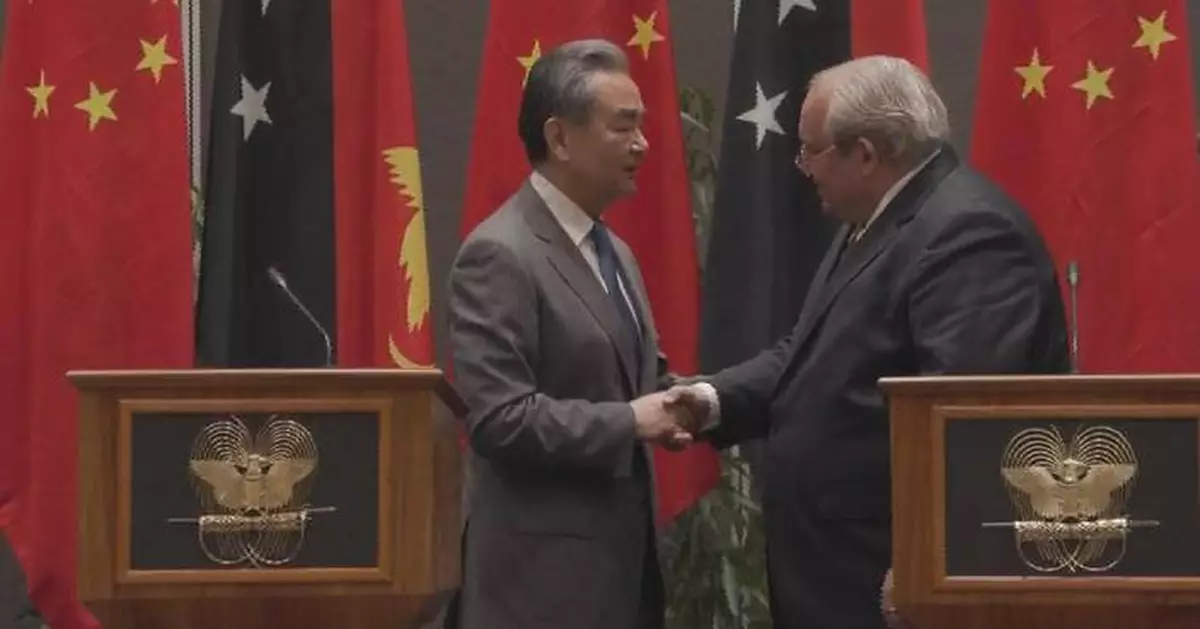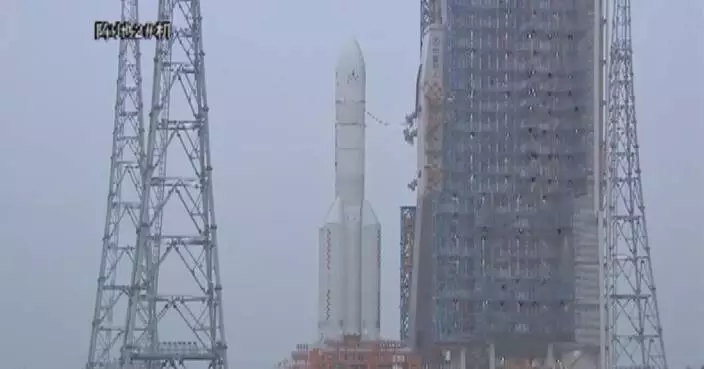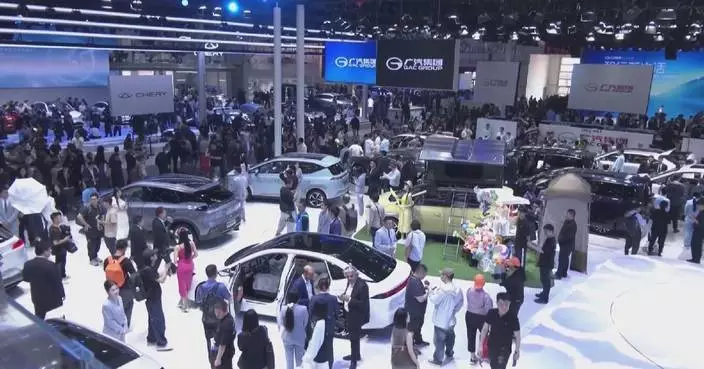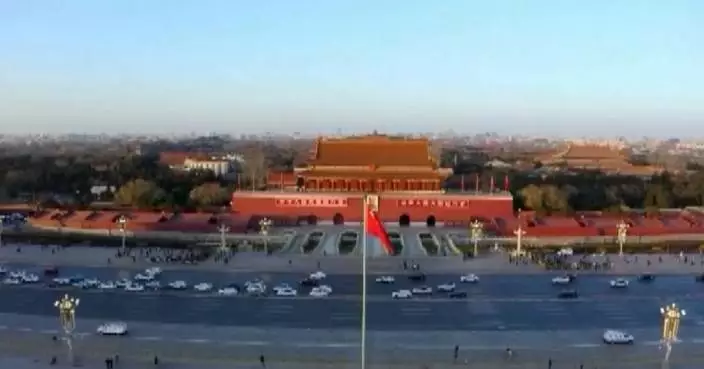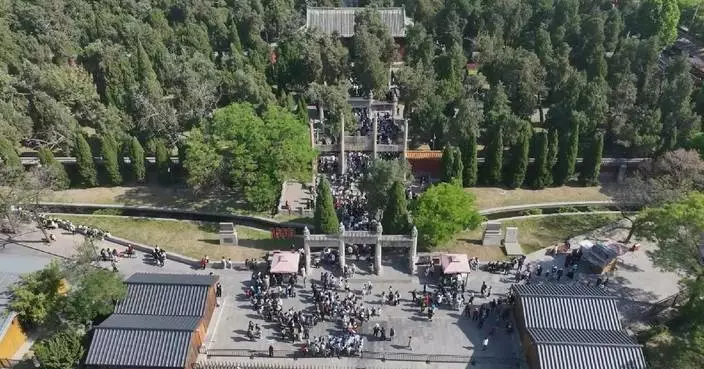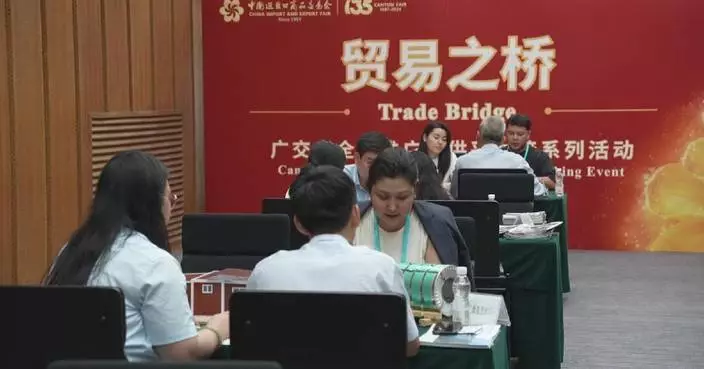China's first free trade agreement with a Pacific island country -- Papua New Guinea (PNG) -- is worth expecting, said visiting Chinese Foreign Minister Wang Yi on Saturday.
Wang made the statement at a joint press conference with PNG Foreign Minister Justin Tkatchenko after their meeting in Port Moresby, capital city of the PNG.
The two ministers worked through several memorandums of understanding -- most geared toward trade and economic development opportunities for the PNG -- including one on China's funding of a feasibility study for the PNG on a free trade agreement (FTZ) between the two countries.
"This is something that will open up many doors, open up the markets for many different commodities and for our people. So I've been told by the foreign minister, 'let's hurry up and get it done.' They have already done this side and completed. So it is up for us to do ours quickly," said Tkatchenko at the joint press conference.
"The first free trade agreement between China and the PNG, a Pacific island country, is worth expecting, as emphasized by Foreign Minister Tkatchenko just now. The Chinese market will be open to Papua New Guinea and to all people of the PNG," Wang told the joint press conference.
Agreements were also signed on China sending disaster relief aid to the PNG, cooperation in the field of communication and technology, and better access into the Chinese market for the PNG coffee and cocoa farmers, which Tkatchenko says will benefit about 80 percent of the country's population.
Wang arrived in Port Moresby on Saturday afternoon for a two-day visit. The PNG is the second stop on Wang's three-country tour across the Asia Pacific.

China's 1st FTA with PNG worth expecting: foreign minister
Customers in Shanghai are flooding back to brick and mortar stores to upgrade their home appliances thanks to advances in energy efficiency and the availability of subsidies offered by local government, home appliance brands and retailers.
A store in Shanghai's downtown Changning District has welcomed an average of 2,800 customers on a daily basis in recent days.
Labels on some home appliances show that customers have access to a 10 percent subsidy as long as the products they buy are energy efficient.
"With this 10-percent subsidy, I decided to make offline purchase at this store. It's cheaper after all," said one customer.
This 10 percent subsidy is offered by the Shanghai government to boost consumption.
Retailers are also offering subsidies, further driving up consumption.
"If a customer is buying a product with grade one energy label, while at the same time has an old machine for replacement, the customer can enjoy a 10 percent subsidy from the government. And our platform and the manufacturer together offer a 10 percent subsidy for trade-in goods. And we are also offering an additional seven to eight percent subsidy for sets, and a five percent subsidy for single items. So the customer can generally get a 35 to 40 percent subsidy," said Yang Xu, procurement and sales manager with a Shanghai branch of China's e-commerce giant JD.com.
Noticeably, people are willing to buy more products, especially more high-end models.
"Things are now cheaper. So I have money left for high-end products. I've spent 20,000 yuan (about 2,764 U.S. dollars) here. In the past, I would not choose a refrigerator of more than 13,000 yuan (about 1796 U.S. dollars). I would only buy one with half its price. And I was not planning to buy a TV. But now, I've decided to buy one," said one customer.
Boosting consumption is just one upside of such trade-in programs. Replacing old machines with more energy efficient models also aligns with the country's carbon reduction goals.
China has pledged to achieve peak carbon emissions by 2030, and carbon neutrality by 2060.

Home appliances trade-in programs boost consumption, protect environment



